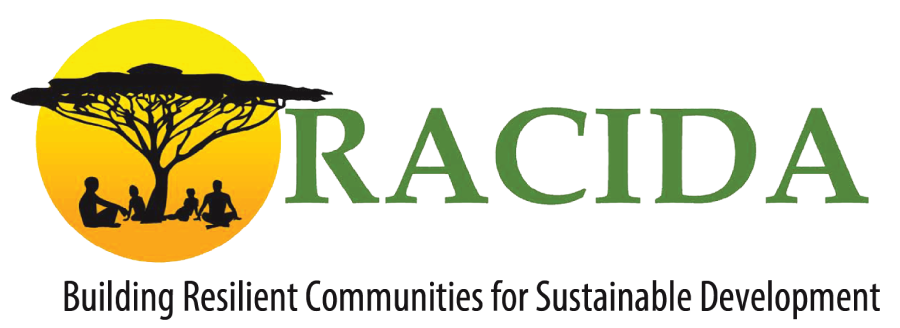Food Security and Livelyhoods
Food security, or rather insecurity, is at the heart of food crises and food-related emergencies. It is an underlying cause of malnutrition and mortality and a significant factor in longer-term livelihood security.
Food insecurity may cause irreparable damage to livelihoods, thereby reducing self-sufficiency. It is therefore part of the process leading to malnutrition, morbidity and mortality.
In addition, the state of being food insecure directly contributes to destitution and damaged livelihoods in the long term. In other words, if there is acute food insecurity, there is a nutritional risk. Through our food security and livelihoods program, we work to build the resilience of target communities to the impacts of climate change on food security and their livelihoods.
Our program incorporates a wide collection of activities customized to meet a community’s specific needs that are designed to bolster agricultural production, facilitate market access, support micro-enterprise initiatives and enhance vulnerable communities’ access to sustainable sources of food and income security.
We provide our communities with a systematic approach to identifying, assessing, and reducing disaster risks
- Reached 470,250 people with unconditional cash assistance, 3,561 people with cash-for-work, and 11,570 people with in-kind food assistance.
- 1,814,987 livestock, treated, vaccinated and de-wormed benefiting over 544,680 persons; and 90,780 livestock owners.
- 127 community disease reporters trained on livestock disease monitoring and reporting, and currently supporting in livestock disease surveillance.
- 16 veterinary officers trained on participatory epidemiology.
- 3,650,000 kg of livestock feed (drought pellets and hay) distributed to over 135,462 animals.
- 3,978 agro-pastoral farmers supported with canal and solar irrigation systems.
- 12,516 farmers supported in tilling 6,758 acres of land using climate-smart agriculture approaches that led to produce of over 725 tons of a variety of crops.
- 64 out-of-school adolescent girl and 46 VSLA/VICOPA groups supported with grants. This has enhanced financial inclusion among vulnerable women in ASAL areas
- Enrolled 115 out-of-school boys and girls in TVET programs.
- Revitalized livestock cross-border disease management coordination in the Mandera County and Liban zone, enhancing coordinated surveillance, vaccination, and treatment efforts to curb the spread of zoonotic livestock diseases.
Programs Gallery
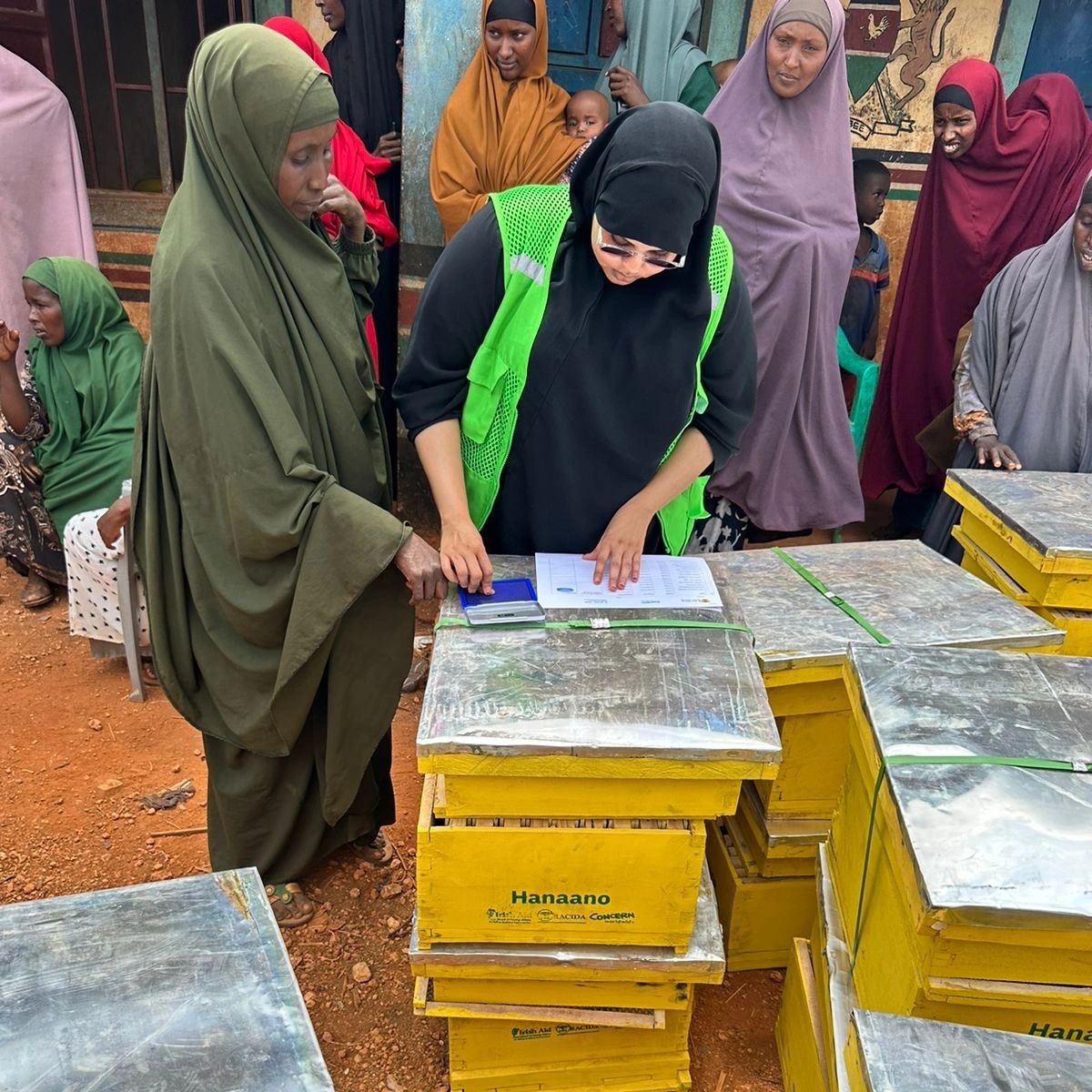
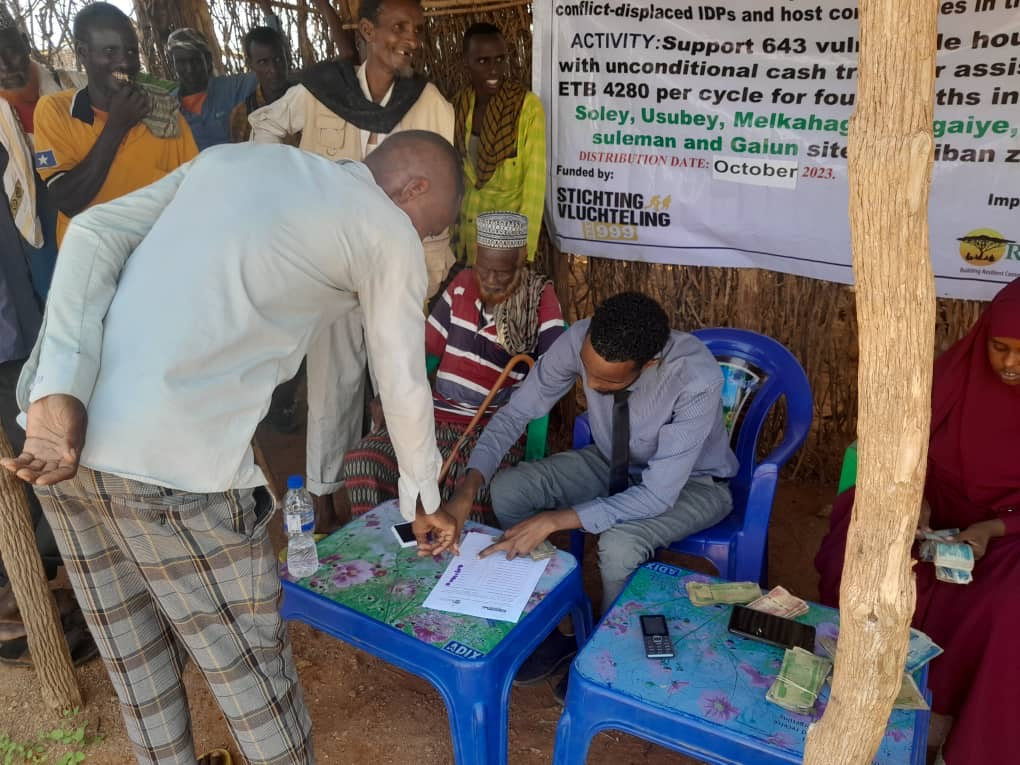
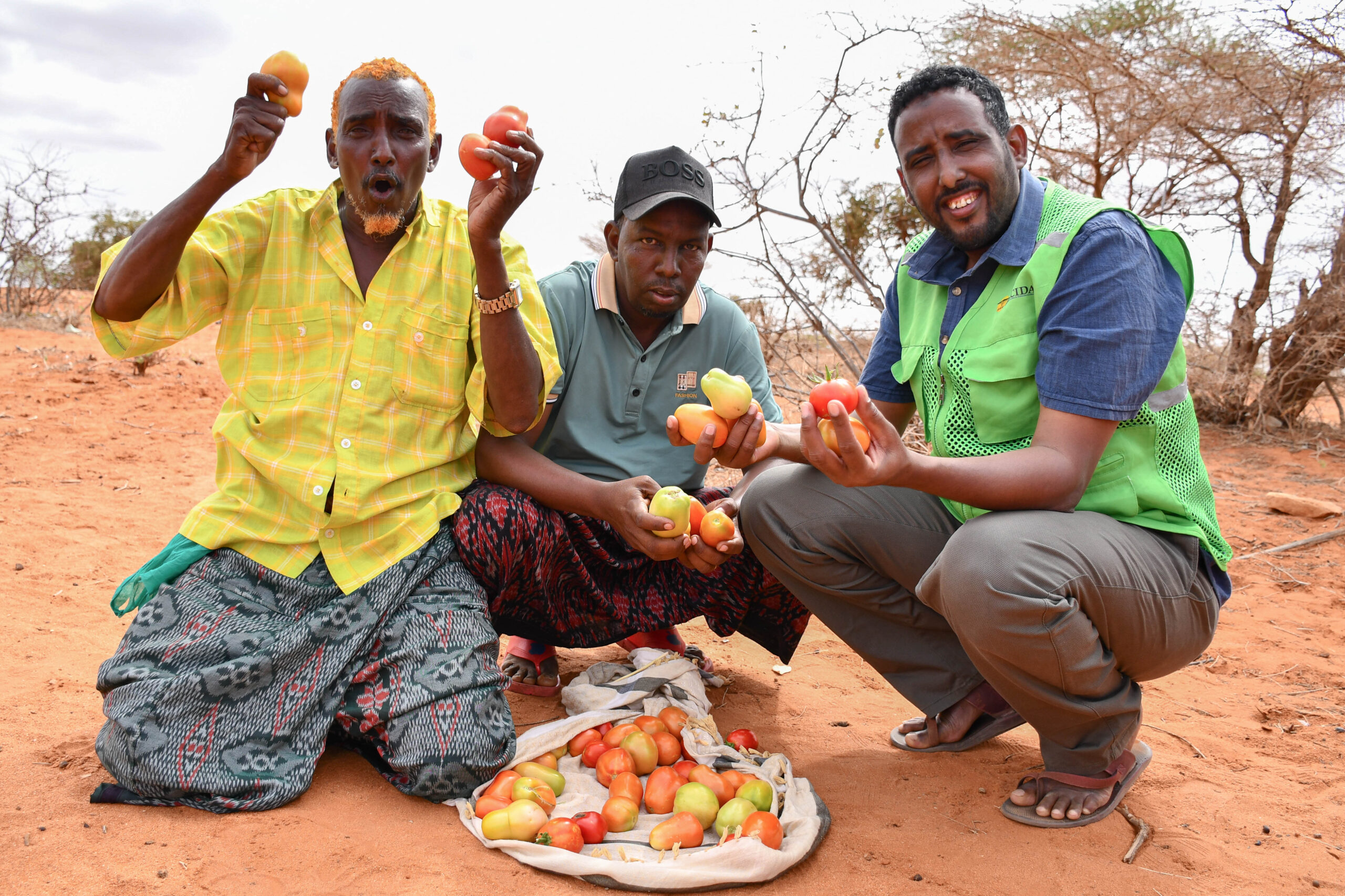
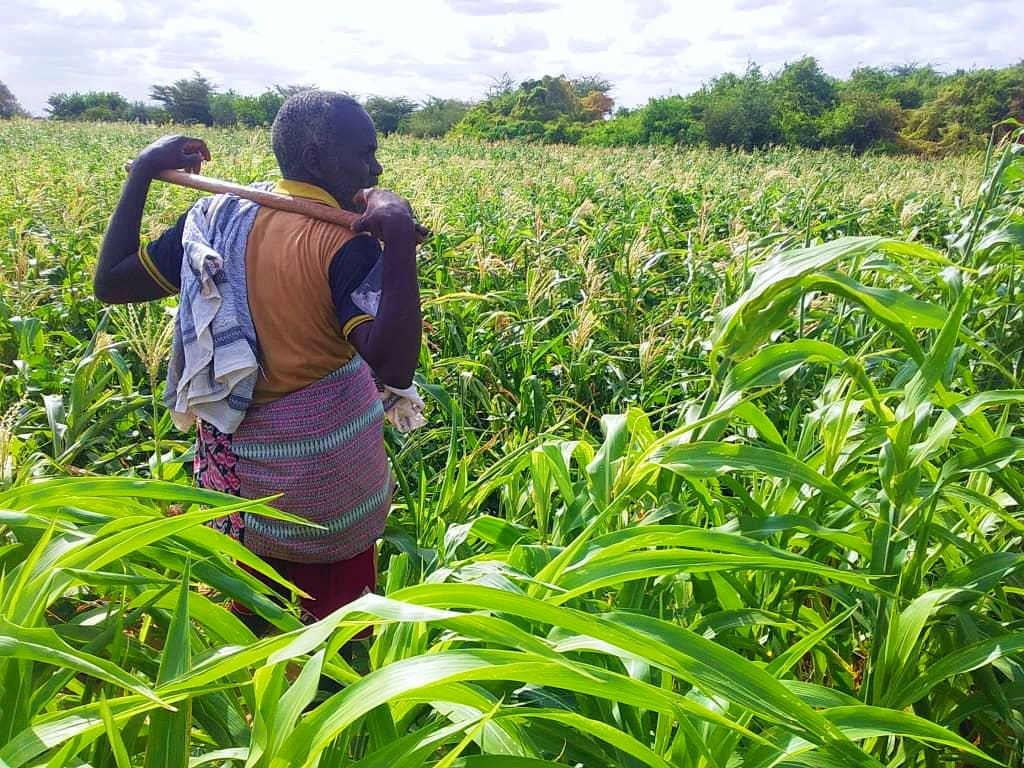
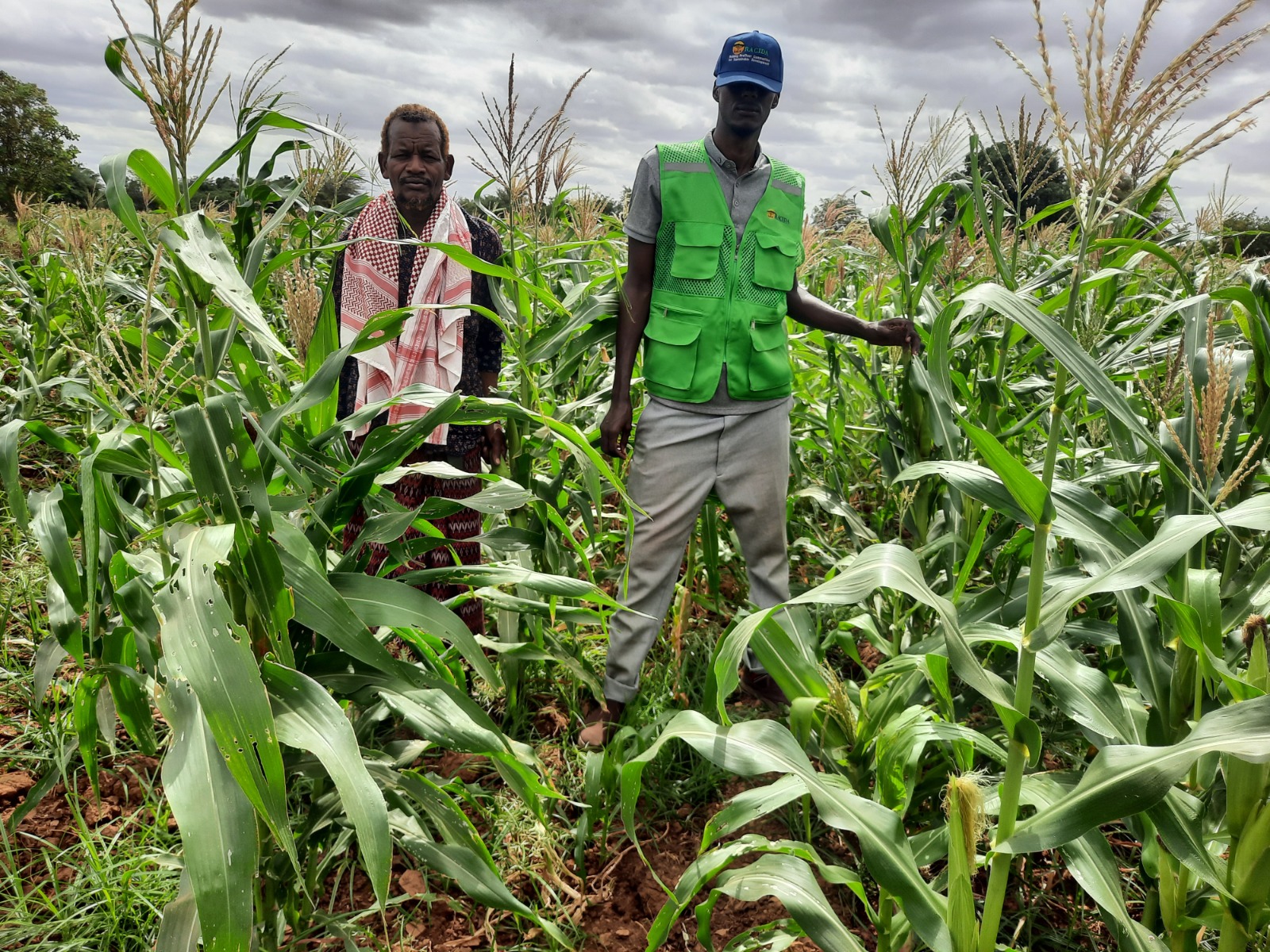
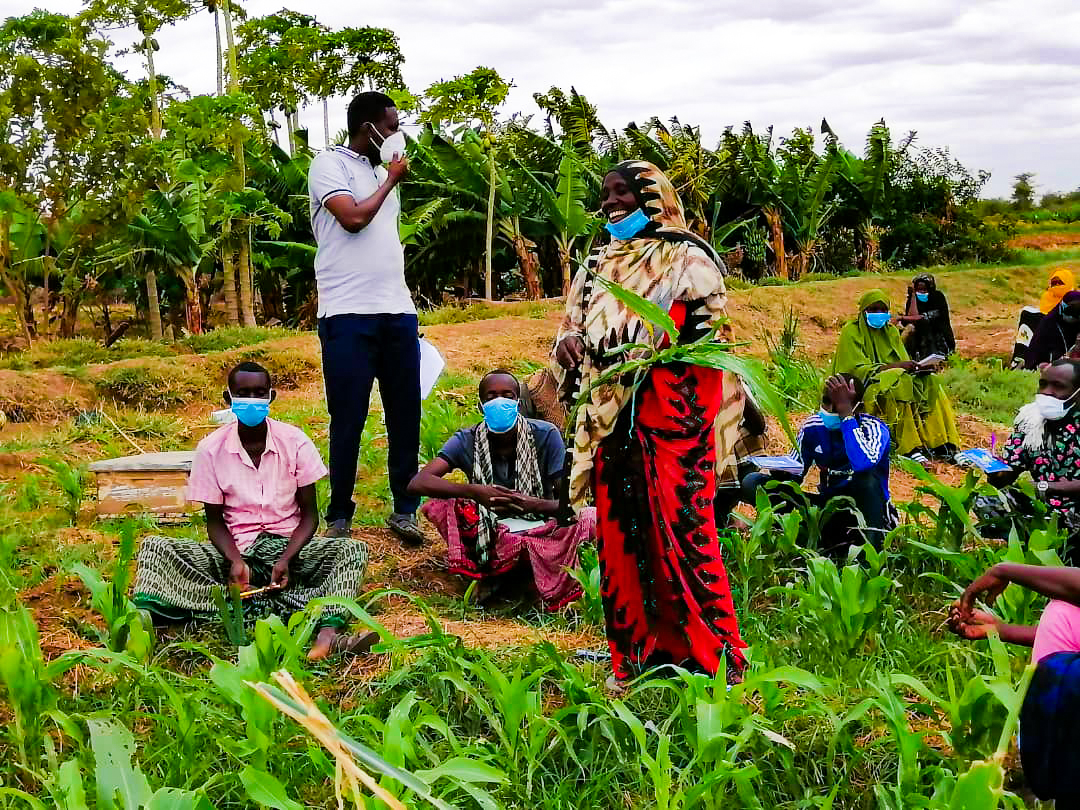
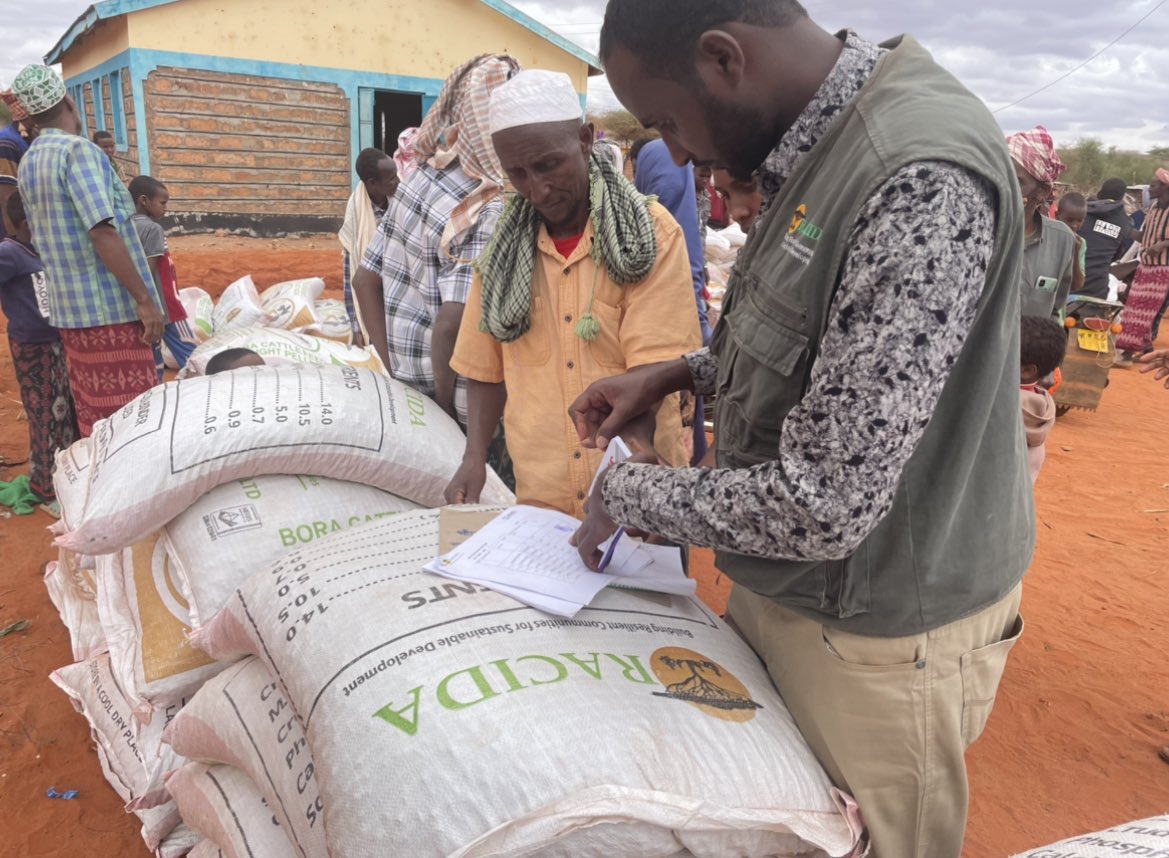
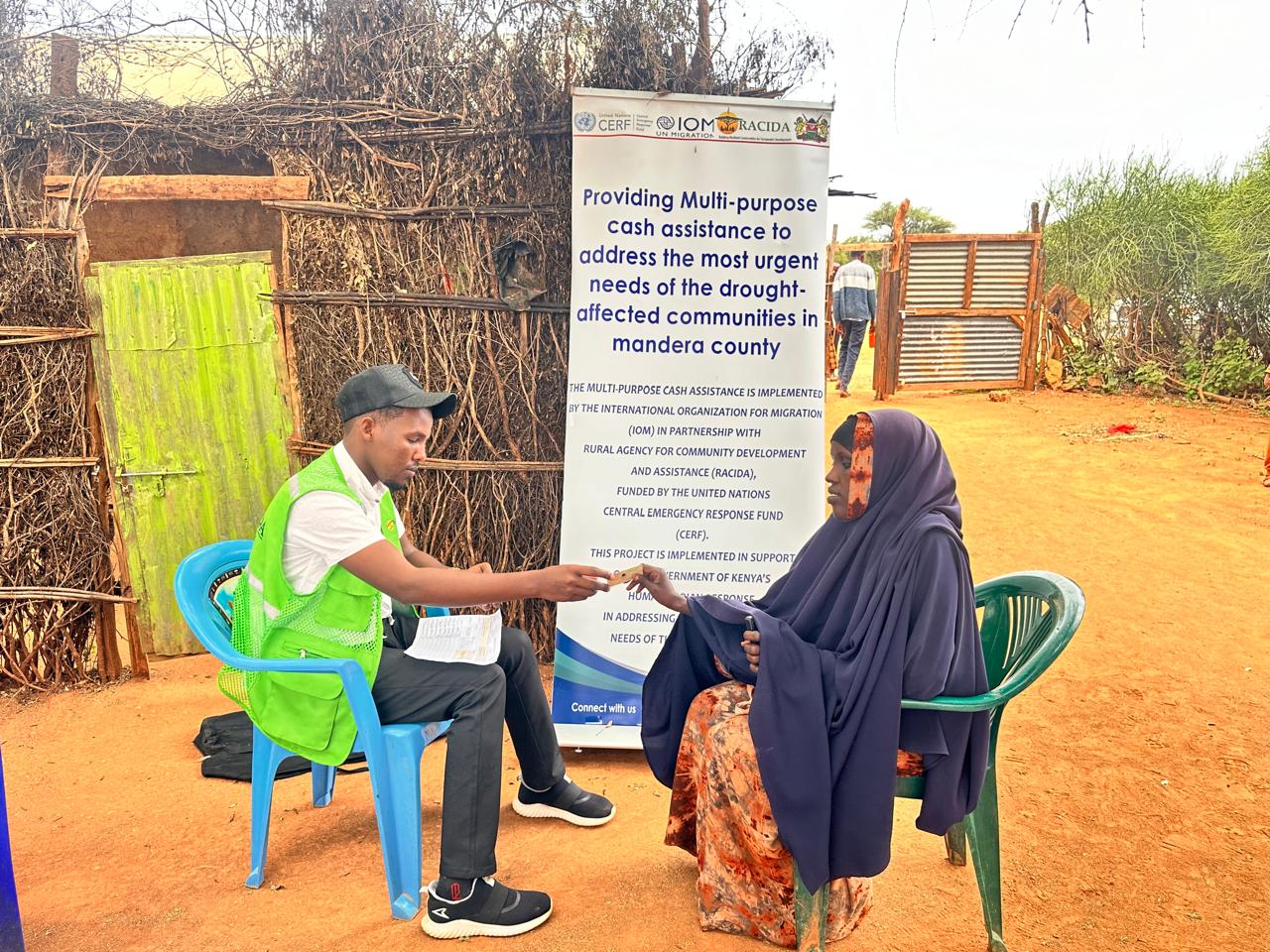
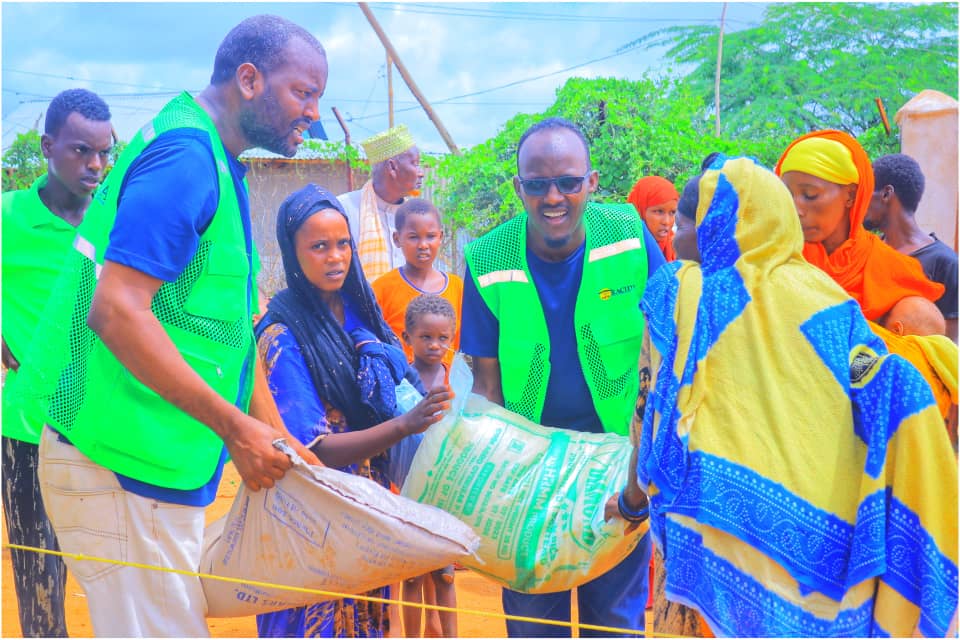
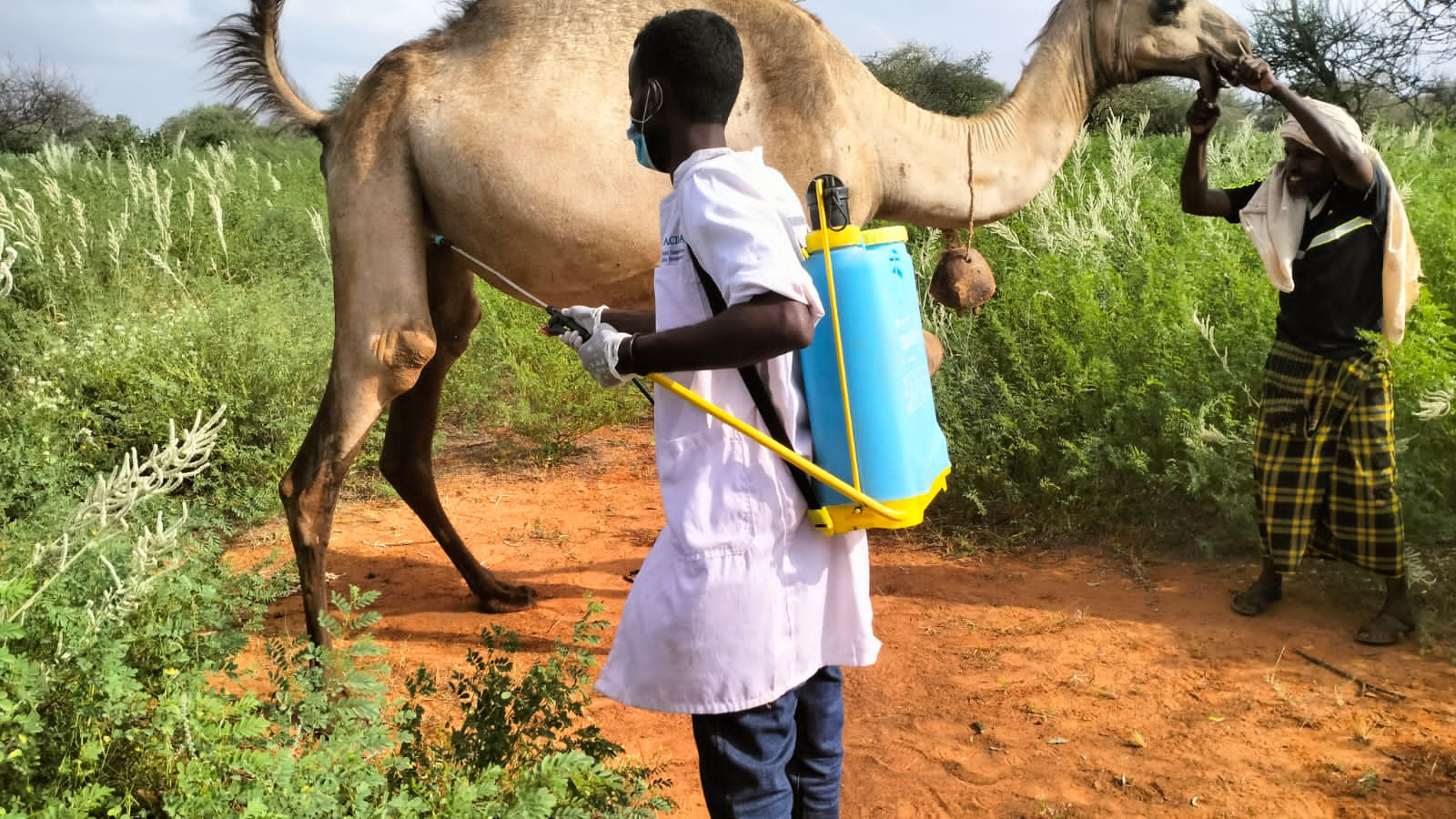
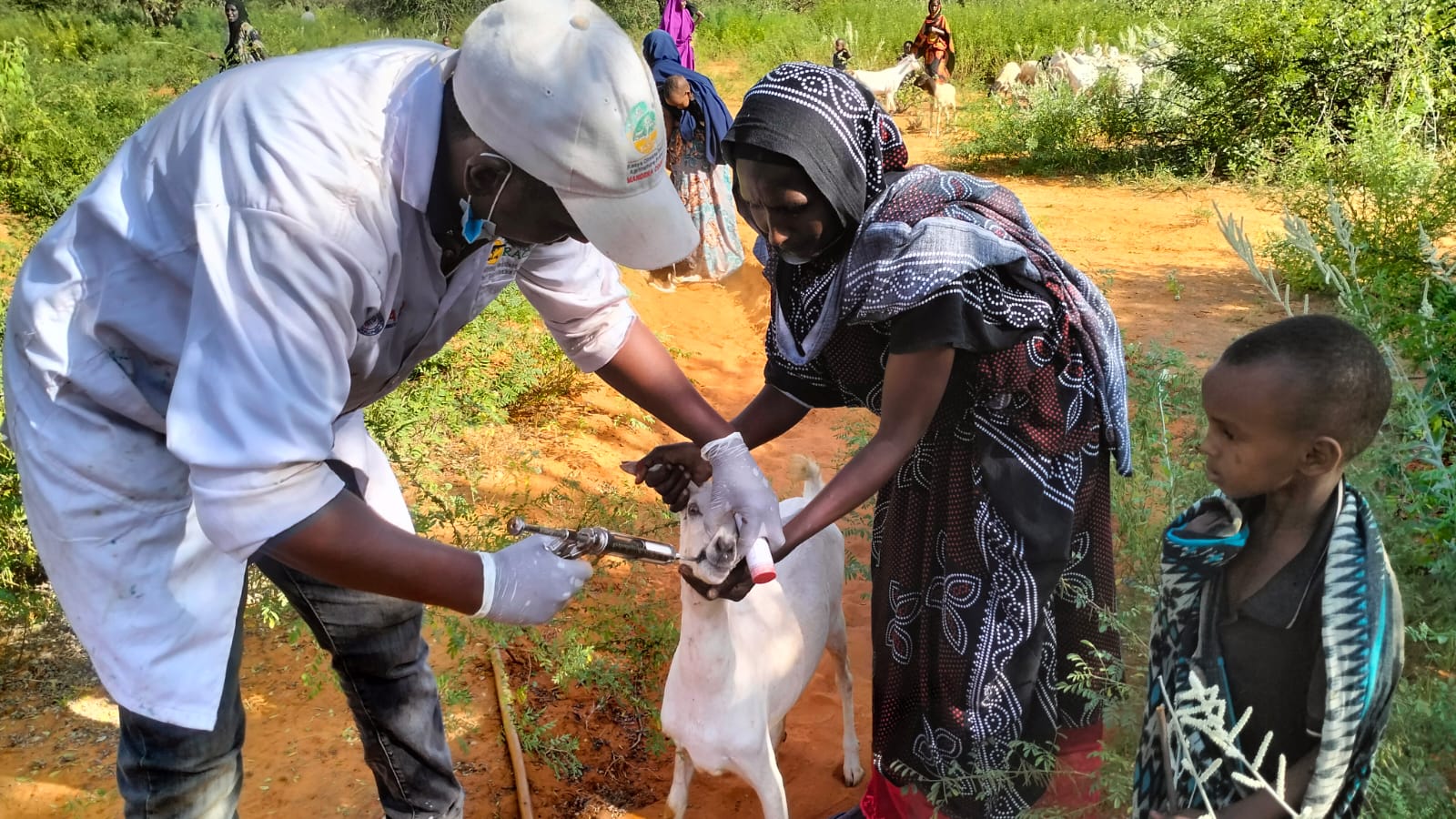
Other Programs
Want to Donate to our Programs ?

